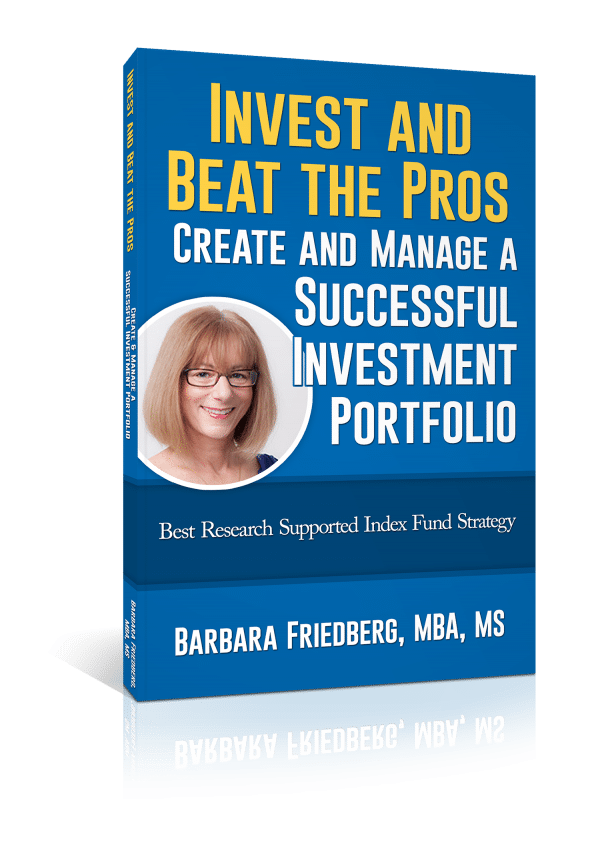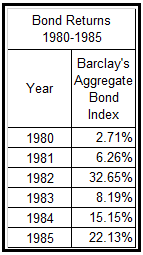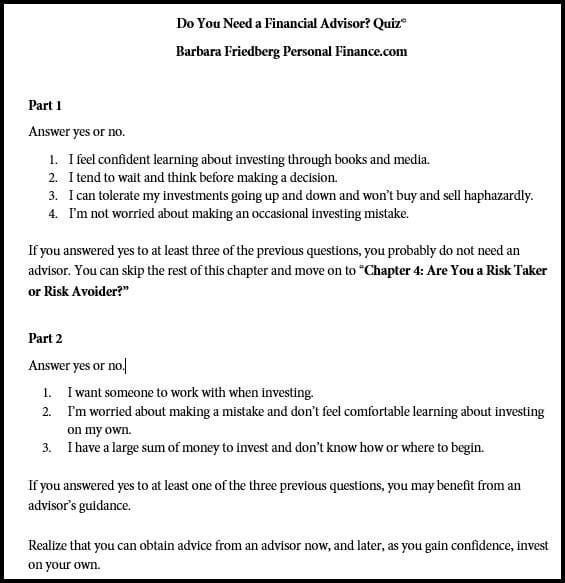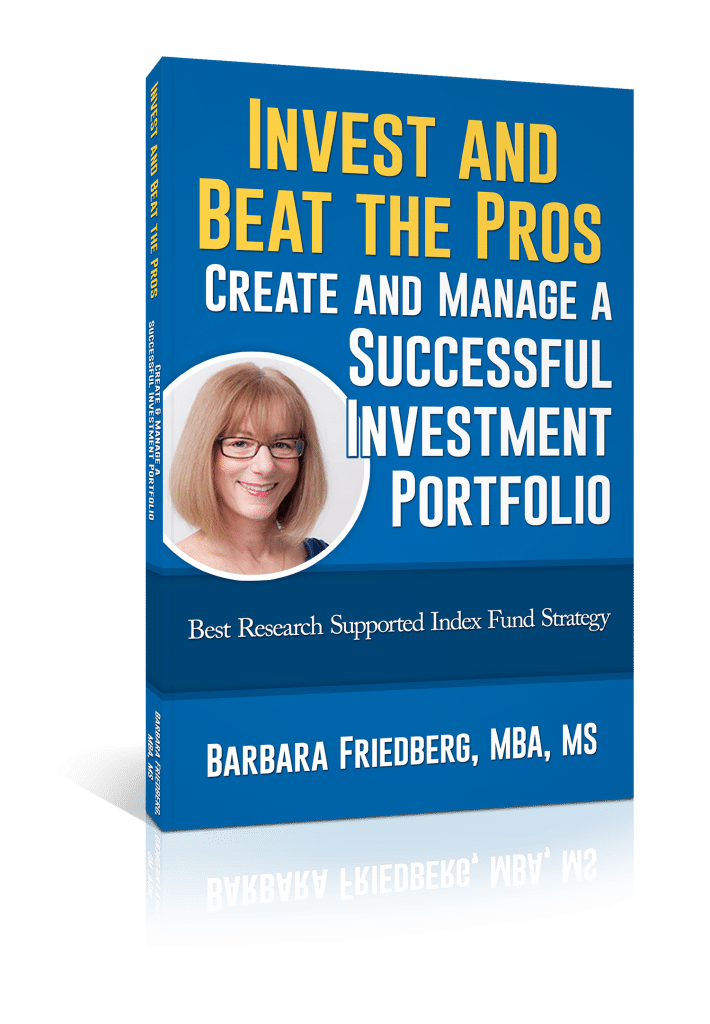The Answer to “Should I hire a financial advisor?” is:
Are you earning a decent salary?
Would you like to know the best way to invest that money for the future?
Are you worried about handling your investing on your own?
If so, you may have considered whether to hire a financial advisor or not.
Personal disclosure, when I first started out investing, I began with a stock broker at Prudential Bache Securities (I’m dating myself with a reference to this extinct full service brokerage company). You may believe that you’ll receive superior returns with some help and it’ll be easier to invest your money if you hire a financial advisor.
This may not be true. Find out if you need to pay a fee to hire a financial advisor, and whether it might be the right decision for you. Here are some factors to consider when deciding whether to hire a financial advisor or not.
Check out Invest and Beat the Pros-Create and Manage a Successful Investment Portfolio for a deeper look into whether to hire a financial advisor or not.Book excerpt from Invest and Beat the Pros-Create and Manage a Successful Investment Portfolio, “Chapter 3: Do You Need An Advisor?”
“My first experience with an ‘advisor’, well actually he was a stock broker, was in my 20’s. I inherited a small sum of money from my aunt and I planned on investing it. I received a ‘cold call’ from Brian (not his real name), a stock broker from Prudential Bache Securities (now called Prudential), and we started talking. He was a former biology Ph.D. who made the switch from academia to investments. I was impressed by his educational background and demeanor.
Next, we set up a meeting at his office.
As a side note, this is not the way to choose a financial advisor.
What went wrong with this situation?
I didn’t know much about investing, just that it was a good place to put money if you wanted that money to compound and grow. I was leaning more toward bond investments as I thought they were ‘safer’.
Brian and I were talking during the early 1980s, a time when the bond returns, based upon Barclay’s Aggregate Bond Index (a proxy for the bond market), were quite high.
Notice in this chart that, during the first five years of the 80s, bond returns ranged from 2.71% on up to 32.65% in 1982. (I’d be remiss if I didn’t at least mention that inflation was also high during the 1980s so the ‘real return’, or return after deducting the inflation percent, was much lower.)
I remember to this day the investments he recommended, a closed end bond mutual fund, a GNMA fund (a pool of bonds comprised of mortgage loans whose repayment is guaranteed by the government), and a zero coupon bond (A bond bought at a discount with full value received at maturity. The return is the difference between the purchase price and final maturity value). With high interest rates at this time, and my commitment to hold the investments until maturity, my returns were quite good.
As inflation declined over the years, I locked in the higher bond yields.
So what was the problem?
Brian seemed like a nice guy, he answered my questions, explained dollar cost averaging to me, and even loaned me his investing training materials.
It wasn’t until many years later that I recognized the problem with this particular relationship. The only time Brian was paid was when I bought or sold an investment security.
Brian was best compensated when I bought investments with higher commissions. The Closed End bond fund was a proprietary product of Prudential Bache Securities, thus Brian probably received a bonus plus commission for peddling that product.
I didn’t know the commission on the zero coupon bond because it was embedded in the price.
The GNMA fund also garnered Brian a nice commission.
Finally, he did little to educate me about the importance of diversification across various asset classes, such as stocks, bonds, and cash.
Did I make money with those investments?
Yes, I compounded my initial wealth because I reinvested my dividends and the returns were quite healthy.
If I made money, what was the problem?
I didn’t understand that I overpaid for the investments, in the way of large commissions.
I would have made more money if I’d purchased no load index mutual funds on my own.
The main reason I made money was that I started investing early, and, in spite of the fact that these initial investments weren’t optimal, I’ve been invested for decades.
By beginning to invest in my early 20s, the initial and subsequent investments had time to grow and compound.
Two important takeaways from this first dive into the investing waters were:
- Fees matter. The first question to ask an advisor is, “How are you compensated?” The response lets you know where the advisor’s loyalty lies. If the advisor gets paid by commission, they have motivation to sell you products.
- Time in the markets is vital. The longer your money grows, compounds, and makes money on top of the original investment, the greater your ultimate wealth.
Take a Quiz to Decide Whether You Need to Hire a Financial Advisor or Not
Following are two sets of questions. Your answers will help determine whether you need an advisor or not.”
Deciding whether you need an advisor or not, takes a broad understanding of several factors. First, you need to:
1. Have a general grasp of investing concepts.
2. Understand the different distinctions between types of advisors.
3. Understand what a particular advisor can and can’t do for you.
There isn’t a cookie cutter answer to whether you need to hire a financial advisor or not. Handling your money is not a task you can hand over to someone else and then forget about it.
Like so many other decisions in life, the answer to the question: “Should I hire a financial advisor?“ is nuanced. I’d respond by saying, “It depends”.
The previous quiz provides a quick assessment of whether you might need an advisor or not.
Invest and Beat the Pros-Create and Manage a Successful Investment Portfolio, “Chapter 3: Do You Need an Advisor?” goes into more depth on the topic.
Personally, I believe that most moderately intelligent individuals can manage their own investments with a small amount of study and a few hours per quarter of portfolio management. Yet, for some, the confidence of having an advisor close at hand may be the right choice.
Check out Invest and Beat the Pros-Create and Manage a Successful Investment Portfolio for an understanding of what it takes to manage a successful investment portfolio.



